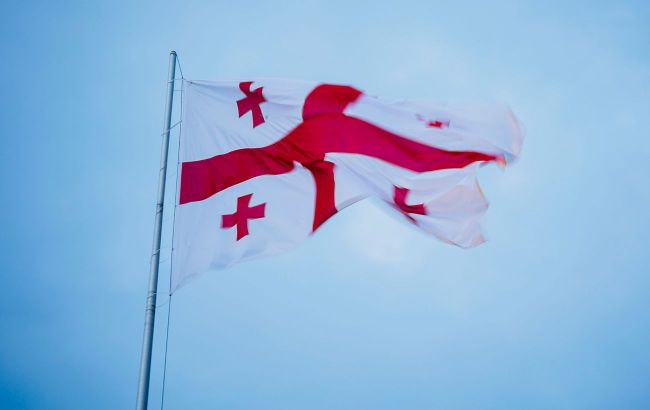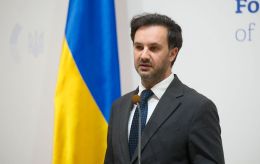Georgia explains its not joining EU sanctions against Russia
 Photo: Georgia attempts justification for not joining EU sanctions against Russia (Getty Images)
Photo: Georgia attempts justification for not joining EU sanctions against Russia (Getty Images)
Georgia has partially supported the EU sanctions, and the country has not imposed restrictions. In parliament, this was justified by the declared policy, says the Speaker of the Parliament of Georgia, Shalva Papuashvili.
The EU High Representative for Foreign Affairs, Josep Borrell, had previously stated that Georgia only partially supported the EU decision to extend the European analogue of the Magnitsky Act - a mechanism for imposing personal sanctions against foreigners involved in gross human rights violations.
Georgia supported the extension of restrictive measures against North Korea and the leadership of the Transnistrian region of Moldova. At the same time, Georgia is not among the countries that joined the decision to extend the sanctions list, most of which include citizens of Russia and China.
Unlike Georgia, other EU candidate countries supported the decision on sanctions against these individuals.
Georgia government's position
Papuashvili stated that Georgia has a declared policy, and the country adheres to this policy.
"This policy has brought us to a stable situation in Georgia, ensuring our economic development. This policy has given us the status of an EU candidate. We do not join sanctions against Russia," he added.
The Georgian Ministry of Foreign Affairs also reported that the country has adhered to the existing practice regarding this document in recent years, informing their partners.
Georgia's attitude towards anti-Russian sanctions
Officially, Georgia's government reports that it adheres to all sanctions imposed by Western countries against Russia. However, Georgia itself does not plan to impose sanctions against Russia.
Earlier, Ukrainian President Volodymyr Zelenskyy implemented the National Security and Defense Council decision on new personal sanctions against 190 individuals and 290 legal entities. Georgian airline Georgian Airways, which resumed flights to Russia, was included in the sanctions list.
In September, Lithuanian President Gitanas Nauseda stated that it is important for Georgia to synchronize its geopolitical course with the EU's foreign policy priorities and consistently support the sanctions policy against Russia.

